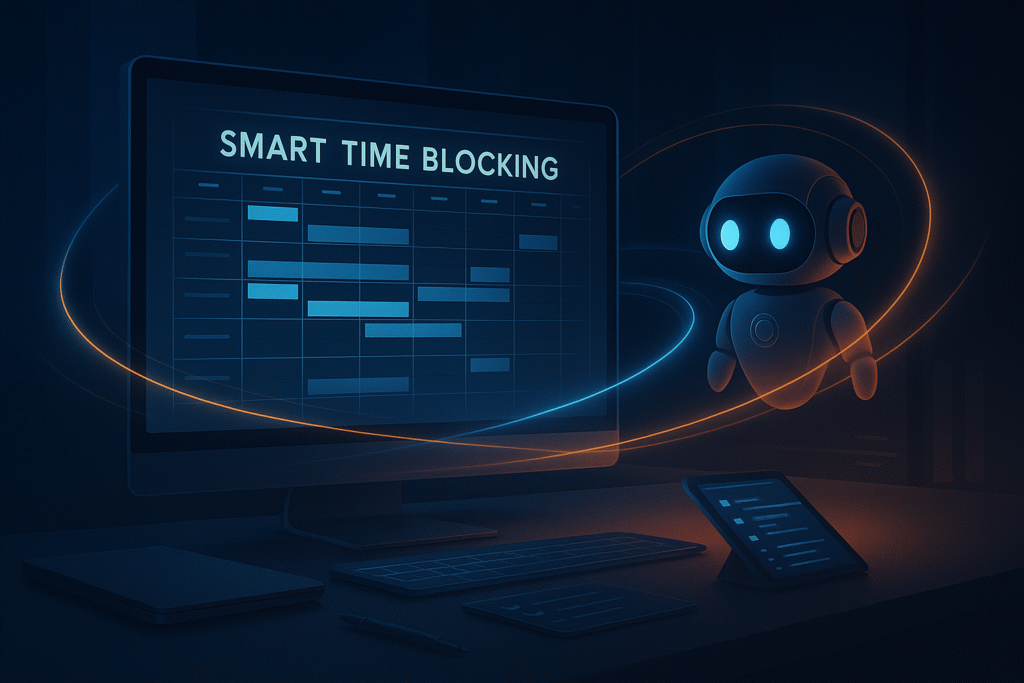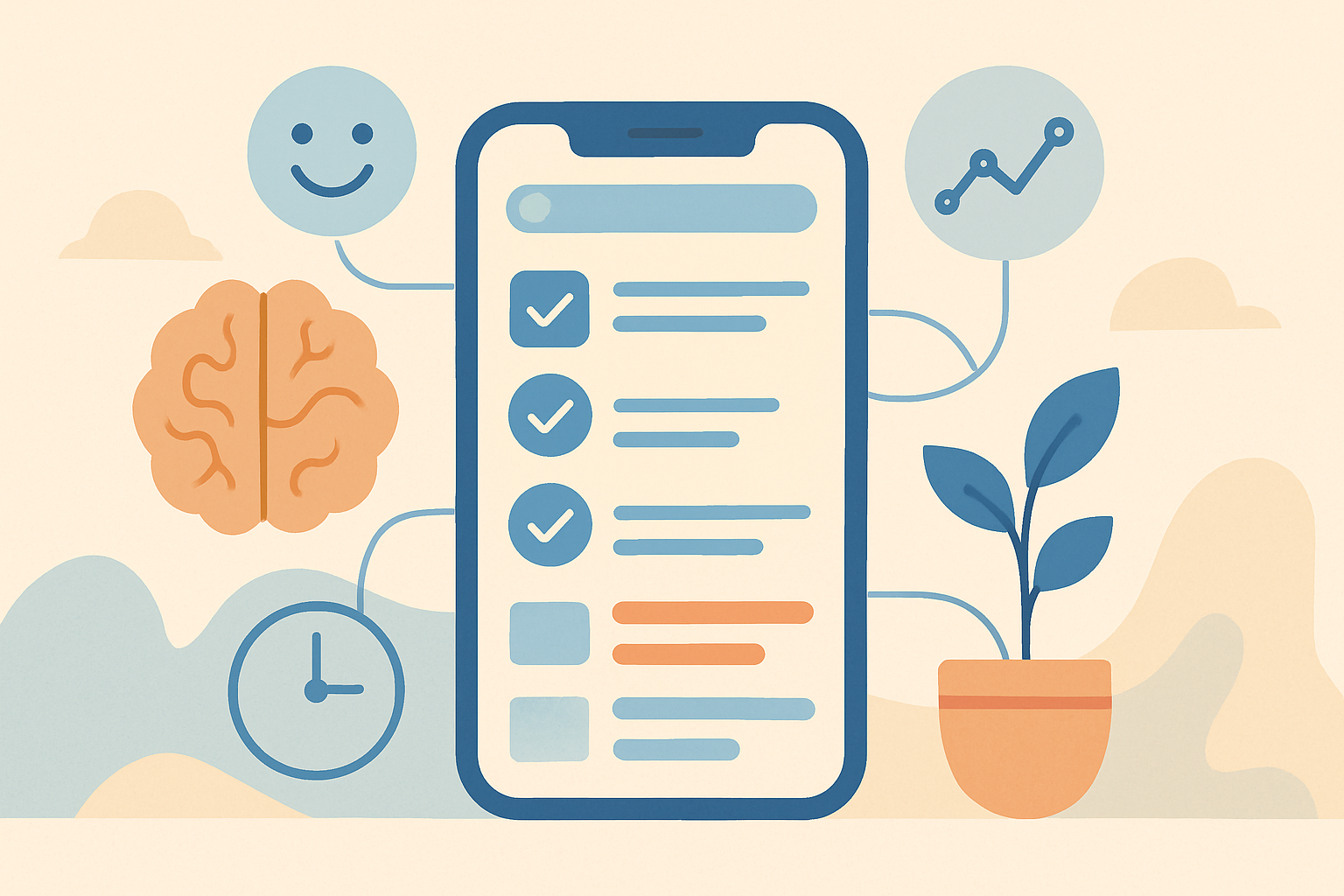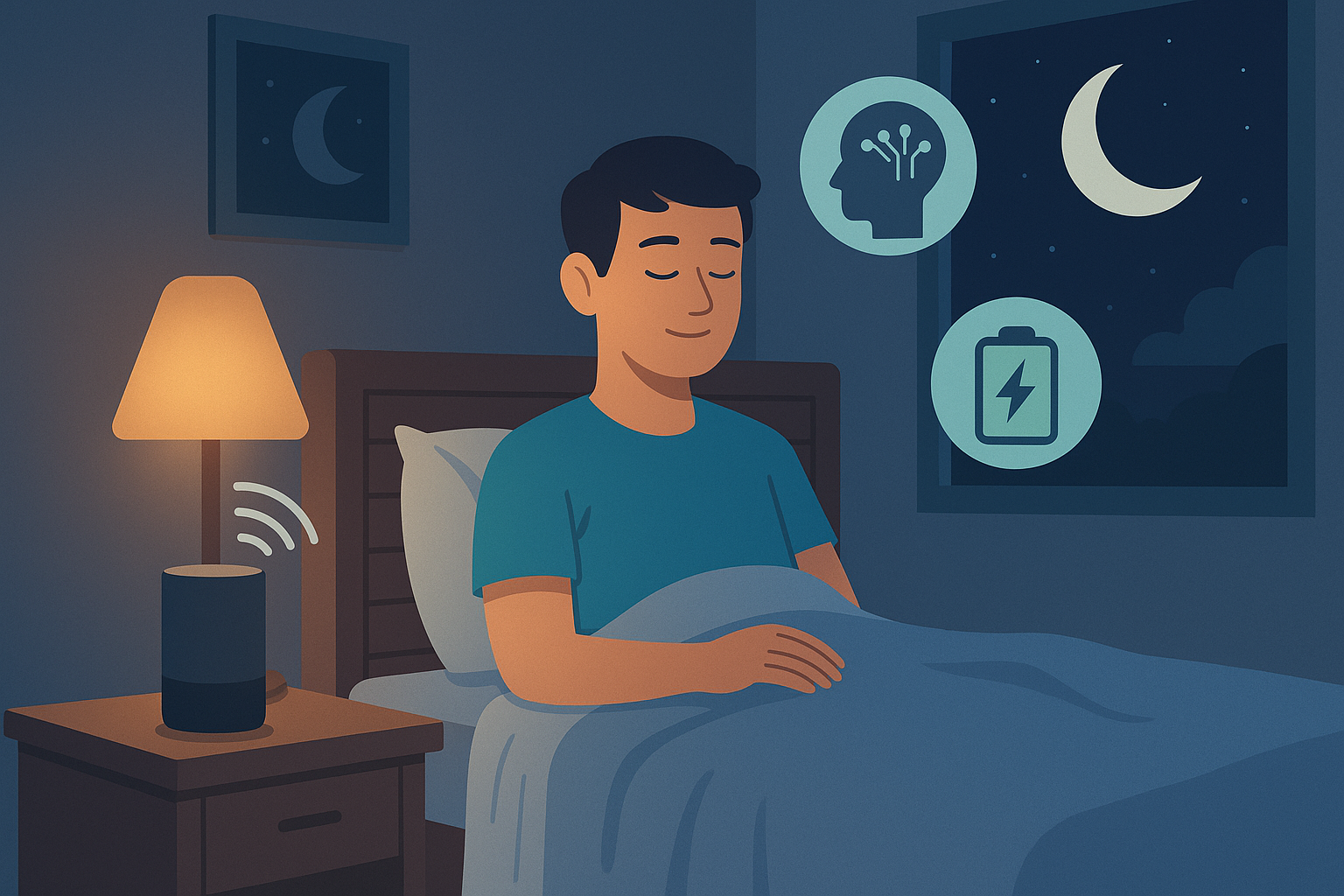Time blocking used to be a manual discipline — a system for people who loved structure. You divided your day into blocks, assigned tasks, and hoped everything would fit. But in 2025, that method has evolved into something more intelligent. Smart Time
Thanks to artificial intelligence, time blocking is no longer about control. It’s about clarity.
The most productive professionals today don’t spend hours scheduling their calendars; they let AI systems plan their day dynamically — balancing work, rest, and recovery automatically.
You’re not fighting time anymore. You’re designing it.

The Evolution of Smart Time Time Blocking
Classic time blocking worked — to a point. It reduced chaos but required discipline, constant adjustments, and a deep understanding of personal focus rhythms.
But human beings aren’t consistent machines; our attention fluctuates based on energy, emotion, and environment.
That’s where modern AI systems have changed everything.
Smart time blocking combines your schedule, habits, and performance data into a single adaptive model. The result: a calendar that responds to your energy, not your expectations.
| Era | Approach | Limitation | AI Upgrade |
|---|---|---|---|
| Manual | Fixed time blocks | Rigid and tiring | Reactive AI automation |
| Smart | Data-based adjustment | Requires input | Dynamic, self-optimizing blocks |
| Intelligent | Fully adaptive | Learns and predicts | Continuous optimization |
Instead of managing time manually, you now collaborate with a system that learns your natural rhythm.
The Logic Behind Smart Time
Smart time blocking isn’t just automation — it’s behavioral science translated into data.
By collecting metrics from your calendar, focus apps, and wearable devices, AI can predict when your brain is most alert, when it’s drifting, and when rest is essential.
Example:
Let’s say you’re a designer who works best between 9:30 AM and noon. The system detects your peak creative output during that window and automatically assigns deep work tasks there. Later, it moves administrative work to the afternoon, when your focus dips.
This is intelligent scheduling — not static discipline, but a rhythm that respects human biology.
How AI Builds the Perfect Day
Smart time blocking begins by learning your behavior.
AI observes your average task completion rates, context switching habits, and stress indicators. Then it predicts ideal time slots for each type of activity — from creative work to meetings to rest.
Every minute of your day becomes intentional, not accidental.
Example workflow:
You start your morning with an adaptive deep work block created by Reclaim AI. The system sees you have two back-to-back meetings later, so it shortens your creative session and inserts a short recovery gap before the calls. After the meetings, Motion AI automatically adds a light administrative block to absorb cognitive downtime.
By 5 PM, you’ve done everything — without ever touching a to-do list.
The Cognitive Benefits of Smart Time
Most people think productivity is about effort. It’s not — it’s about energy distribution.
AI helps you allocate your energy where it matters most, while automating low-impact scheduling decisions that drain focus.
When machines plan your time, your brain can finally focus on doing, not deciding.
This shift frees cognitive bandwidth for creativity, reflection, and problem-solving. It’s not about working harder. It’s about removing the mental friction that prevents you from working well.
Example: A Day Designed by AI
Here’s what a typical AI-optimized day might look like for a content strategist:
- 7:30 AM: Sleep tracker detects high recovery. AI extends your deep work block by 30 minutes.
- 8:00 AM: Smart coffee notification — hydration and light intake suggested.
- 9:00 AM: Reclaim AI schedules content drafting based on previous engagement metrics.
- 12:30 PM: Lunch + walk block added automatically for mental reset.
- 2:00 PM: Motion AI moves admin tasks to lower energy hours.
- 5:30 PM: ChatGPT generates summary insights and key achievements of the day.
No chaos. No clutter. Just clarity.
That’s the power of smart time blocking — it plans your day while you live it.
The Smart Time Tools That Make It Possible
Smart time management requires more than a calendar — it needs an ecosystem.
Each of these tools plays a specific role in building adaptive time systems:
| Tool | Core Function | Ideal Use Case |
|---|---|---|
| Reclaim AI | Adaptive scheduling | Professionals with meetings |
| Motion | Predictive planning | Entrepreneurs & freelancers |
| Notion AI | Task synthesis & reflection | Creatives & thinkers |
| Akiflow | Multi-platform integration | Busy multitaskers |
| ChatGPT | Daily optimization & review | Strategic planning |
These tools don’t compete — they collaborate.
Together, they form a real-time operating system for your mind.
The Psychology of Trusting the System
The hardest part of letting AI plan your day is trust. Humans are conditioned to believe that control equals productivity.
But paradoxically, control often creates friction — the more you micromanage, the less flow you experience.
Smart time blocking asks you to do something radical: delegate control to intelligence.
It doesn’t remove autonomy; it removes resistance.
Your day still reflects your goals, but AI ensures those goals happen in the right order, at the right time, and with the right energy.
The Balance Between Flexibility and Structure
The key advantage of this system is balance.
Unlike rigid time blocking, smart time models adjust automatically when life happens — meetings move, energy drops, emergencies arise.
Instead of breaking your flow, the system bends with it.
AI doesn’t punish deviation; it adapts to it.
That adaptability is what turns structure into freedom.
The Future of Time Management
By 2026, predictive time management will merge with biometrics, mental health data, and environmental factors.
Your calendar won’t just tell you what’s next — it will sense how ready you are for it.
Imagine a system that detects mental fatigue, adjusts your light temperature, and reschedules high-focus tasks to tomorrow.
That’s not science fiction — it’s the natural evolution of smart time design.
In the near future, your calendar won’t just show your time.
It will protect it.
Conclusion
Smart time blocking is the future of focus. It replaces guesswork with guidance and transforms routine into rhythm.
Letting AI plan your day doesn’t make you less human — it makes your work more human.
It frees your brain from managing time so it can finally start mastering it.
Time is still the most valuable currency.
Now, you just have smarter ways to spend it.
Further Reading & Related Insights
Internal link:
- Plan Your Week in 10 Minutes with AI — Learn how AI can automate weekly planning for consistency and clarity.
External links:
Blog
This section provides an overview of the blog, showcasing a variety of articles, insights, and resources to inform and inspire readers.
-

AI Habit Tracking and the New Rhythm of Modern Self-Improvement
AI Habit Tracking. Progress used to depend on discipline. Now, it depends on data.…
-

AI Decision Making and the New Discipline of Intentional Living
AI Decision Making. Every “yes” has a cost. Every time you agree to something…
-

The Perfect AI Night Routine to Sleep Better and Think Smarter
AI Night Routine. Your morning doesn’t begin when you wake up — it begins…
